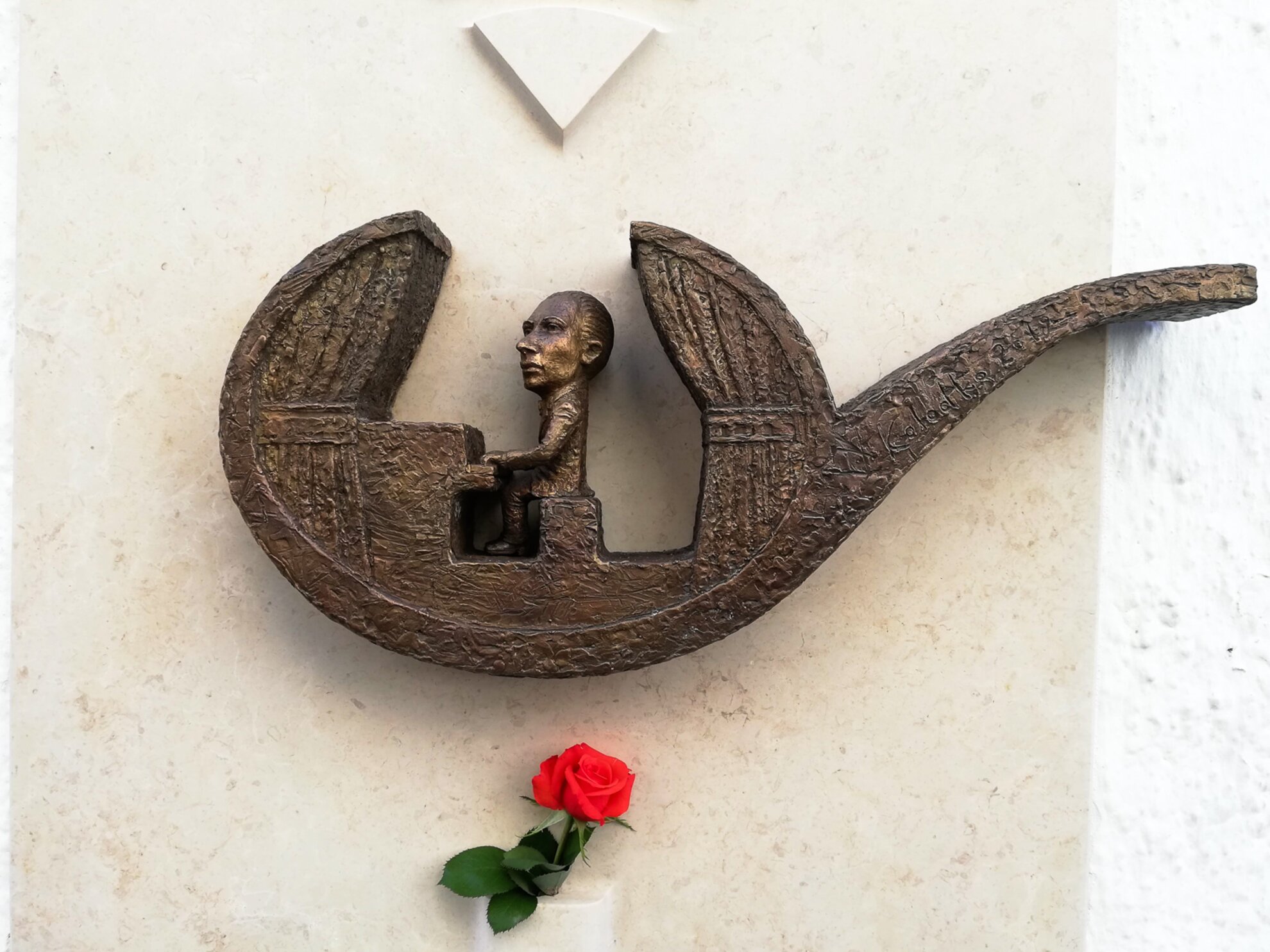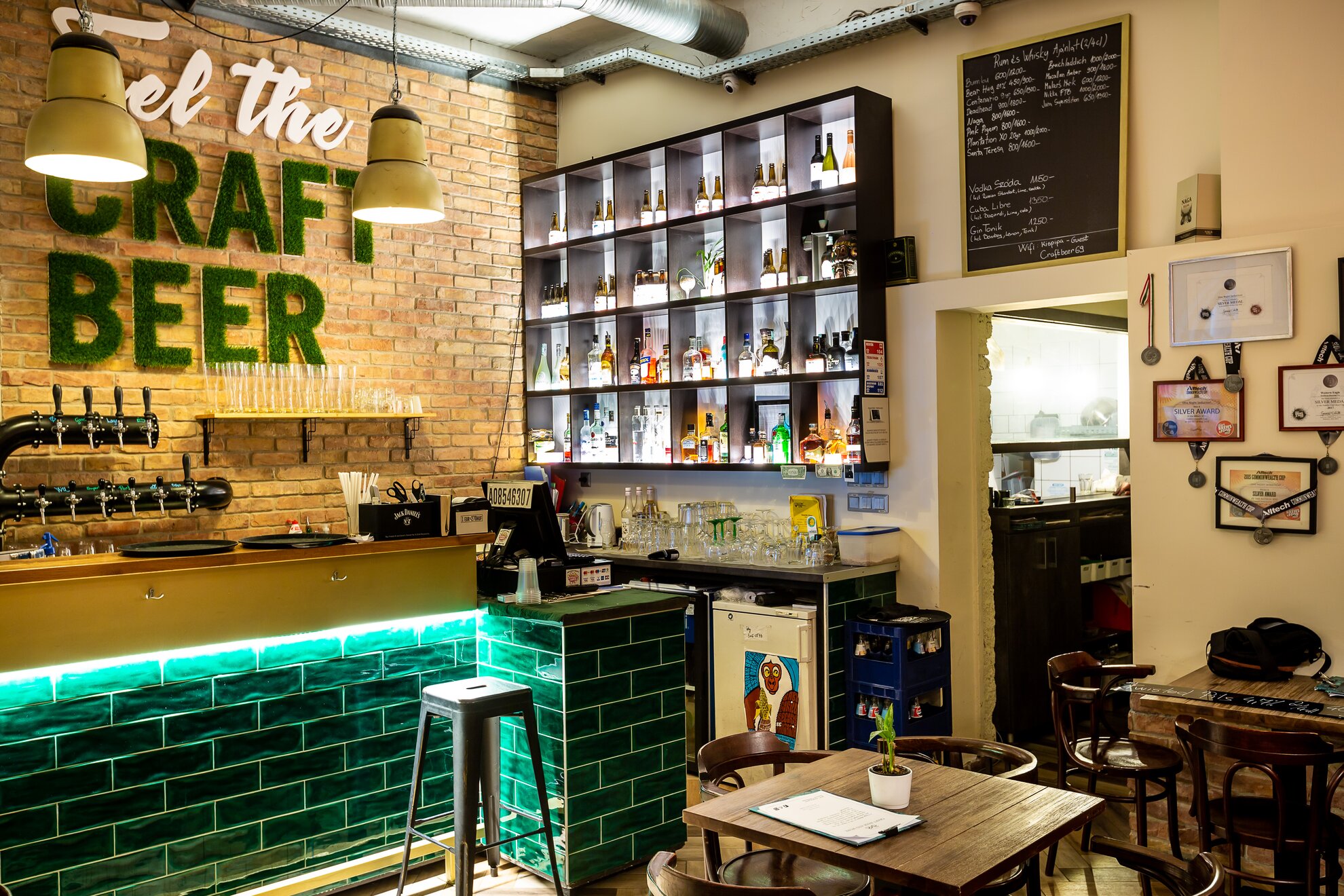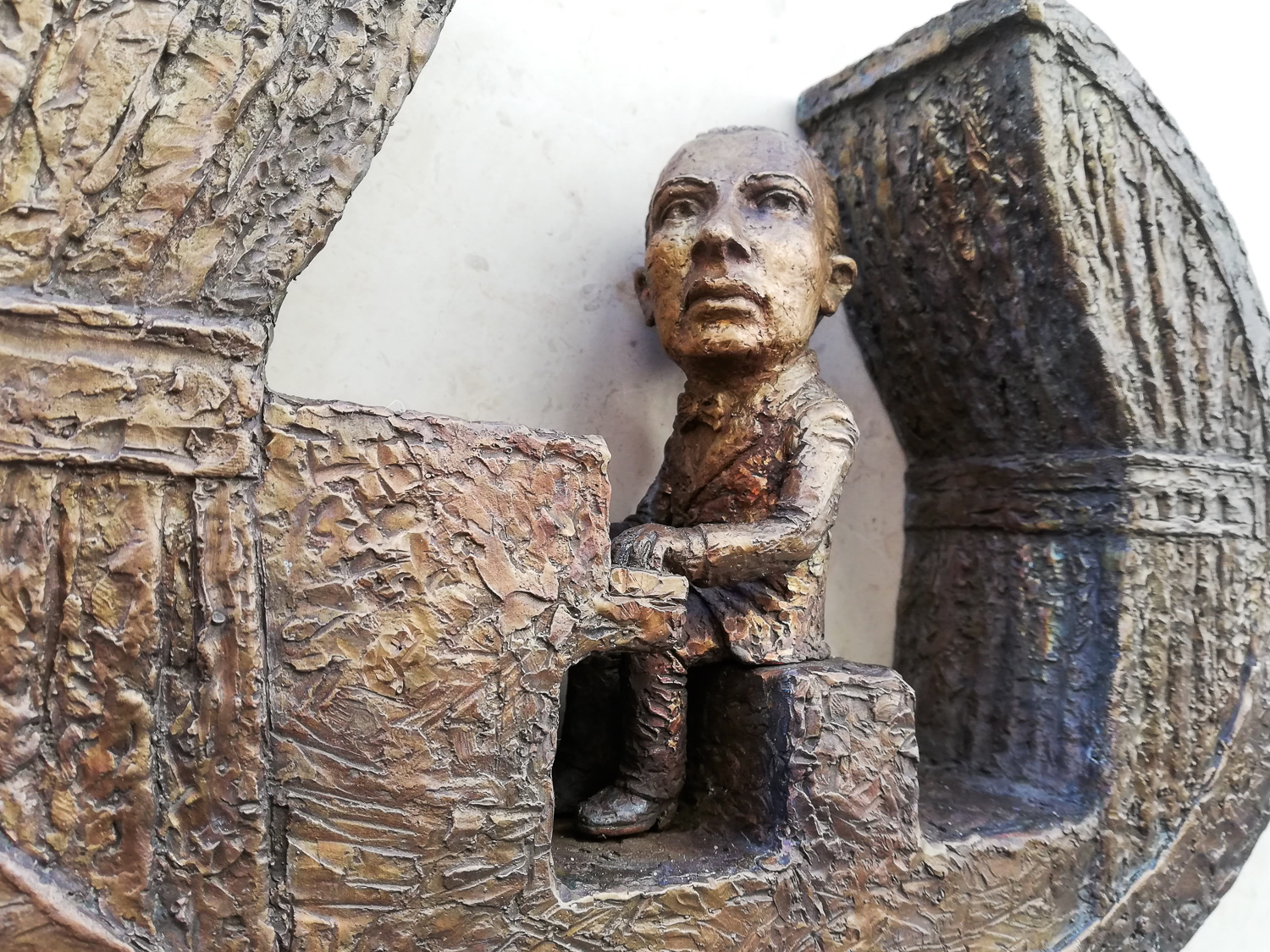Sculptor Mihály Kolodko is flavour of the month in Budapest right now, collaborating with the District VII council to create a series of figures whose backstory relates to the cultural history of the neighbourhood. The latest interprets the legend of pianist Rezső Seress, composer of the pre-war ballad Gloomy Sunday.

Covered by the likes of Billie Holiday, Elvis Costello and Björk, Gloomy Sunday is probably the most famous song written in Hungarian – or rather, infamous. In its original version of Szomorú vasárnap (‘Sad Sunday’), published in 1933, it was said to have set off a spate of suicides.
Composed with lyricist László Jávor, this haunting tune certainly struck a chord, as its notoriety spread beyond Hungary. The great Paul Robeson was the first to sing the English rendition, in 1936.
Subsequently, more than 100 versions have been recorded but Seress never went to America to collect his royalties or cash in on his fame – in fact, he never left District VII except when taken to a forced labour camp during World War II.

Surviving the Nazi occupation, Seress returned to his residency at the Kispipa restaurant on Akácfa utca, where Ray Charles, Spencer Tracy and Louis Armstrong were all visitors.

Seress played there right up to 1968, the year he himself committed suicide. The Kispipa continued to serve regulars and attract curious tourists until it closed in 2016.

In 2018, it reopened as a craft-beer bar with a special evening dedicated to Seress. Today it offers a regularly rotating selection of artisanal ales, and a concise menu of quality starters and substantial, imaginative main dishes.




